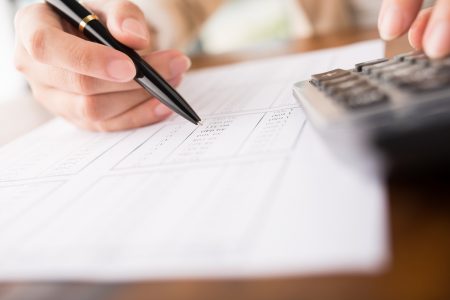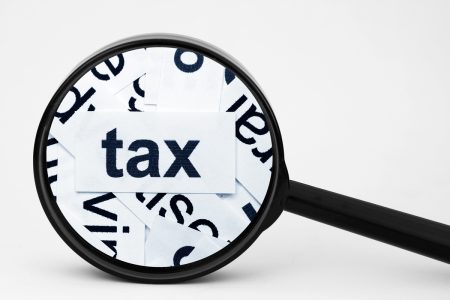Debts are erased in bankruptcy by order of the bankruptcy court. The order of the court is called an order of discharge. The order of discharge wipes out the debtor’s legal obligation to pay the debts. It also wipes out the creditor’s legal right to collect the debt from the debtor, meaning after the case … Read more
When people hear the word bankruptcy, they tend to feel afraid. Thoughts of losing everything to start over can seem like a punishment for struggling with finances. The truth is, most people who seek bankruptcy are there through little fault of their own. Another truth is, most of what people are afraid of in bankruptcy … Read more
Nearly 1 million Americans have suffered fatal consequences since the beginning of the COVID-19 pandemic. Millions more are suffering long term effects of the illness such as severe ongoing health complications, the inability to work, and job loss. When you can’t pay your medical bills and continue to struggle with your health, options for relief … Read more
Millions of Americans like the appeal of having it now and paying for it later. This mentality leads many to buy things they can’t afford; only to leave them crippled with debt. There is a saying that unsecured debt is an endless cycle. Otherwise known as the “credit card trap”, many people only make the … Read more
As another turbulent economic year comes to an end, many people are still facing record levels of debt burdens and trouble making income. For many Americans, the start of a New Year brings opportunities to learn from past mistakes and make goals to improve in the coming months. One place all of us should be … Read more
The financial consequences of the pandemic have been slowing in recent weeks, but ramping up when it comes to evictions. For nearly two years, families have struggled with record levels of illness, job loss, and financial hardship. The federal government has worked to minimize the damage by providing financial assistance and, more importantly, protections from … Read more
According to a recent publication, the Monthly Treasury Statement, the federal government collected enough revenue to set a record for the first fiscal quarter of any year. The first fiscal month of 2022 was last month in October. In that month, the federal government collected $283,927,000,000. The federal government also set a second highest record for … Read more
Declining inventories and a steady demand for new vehicles have pushed prices on dealer lots skyward. Now, used-car prices are surging, thanks to strong demand and a shortage of new cars, and higher prices are driving inflation. People who can’t afford a new car in the new market or can’t find what they’re looking for … Read more
The short answer is: it depends. The types of debt you owe, how much you owe, and whether you have the ability to repay your debt can all influence whether you can keep certain property in bankruptcy. Is bankruptcy right for you? Bankruptcy does not have to be the only option you have, but it … Read more
You may have heard that filing for bankruptcy will liquidate all your income and assets. While it is true in some bankrutpcy filings that the court may be able to liquidate some income and assets, each case is as unique as the individual themselves. Generally, anything that has a value of $600 or less. This … Read more











